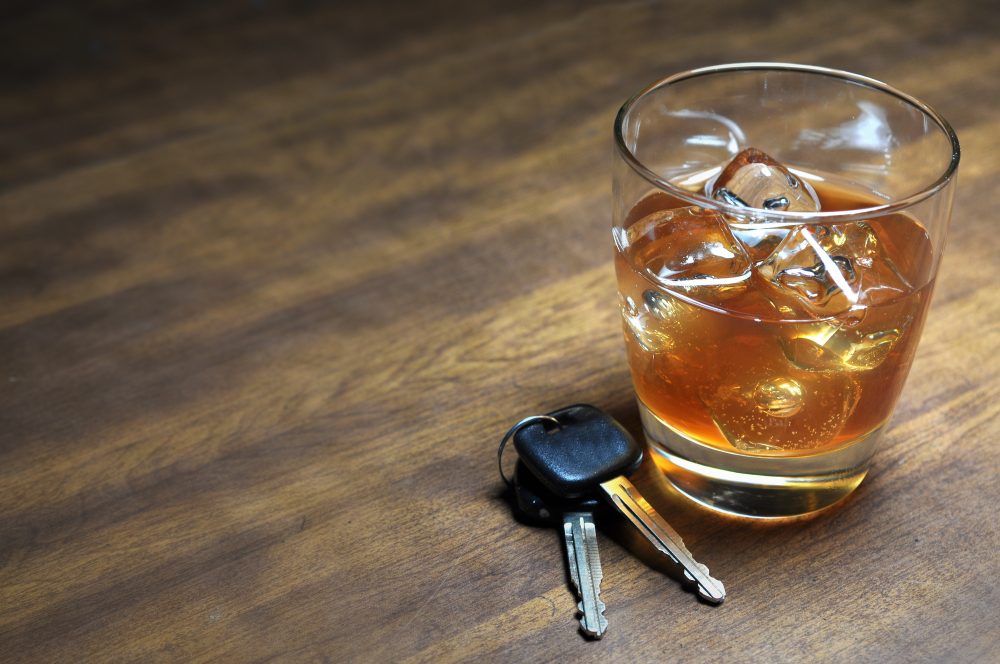According to the Department of Transportation, a drunk driving incident leads to 1 fatality every 50 minutes in the U.S.
If you choose to get behind the wheel after having a few drinks, you could be putting your life and the lives of those around you at risk.
For that reason, police are always on the watch for drunk drivers. And getting pulled over and charged with a DWI in Texas can have devastating consequences.
If you or a loved one has recently been charged with a DWI in Texas, keep reading to learn what you need to do.
Stay Calm and Cooperate
If you’re already getting pulled over by the police and you know that you’ve had one drink too many, there’s not much you can do to reverse the situation.
Rather than fighting the situation, it’s time to ensure that you don’t make the situation any worse than it already is.
When you notice the flashing lights in your rearview, slow down and start looking for a safe spot to pull over. If you can’t immediately do so, flip on your turning signal to let the officer know that you aren’t trying to run.
Once pulled over, pull out your license if it’s within reach. If it isn’t, wait until the officer is at your window and let him or her know you’ll need to retrieve it from elsewhere in your vehicle.
Roll down your window when the officer approaches your vehicle. Wait until you’re spoken to before you speak.
Many first time DWI offenders try to immediately start crying or talking their way out of the situation. Not only is this unlikely to work, but it could also make your situation worse.
If you know that you’re heavily intoxicated and might say something you’ll regret, try to say as little as possible. Answer the officer’s questions in concise, simple answers if you can.
Be polite and apologetic about the situation. Just because you are getting pulled over for drunk or intoxicated driving doesn’t mean that you will necessarily be convicted.
Do the Tests or Politely Refuse
In all 50 states, Americans have the right to refuse to take a breathalyzer test or other sobriety tests when they are pulled over on suspicion of drunk driving.
But many states carry automatic consequences for those who refuse to take these tests. Texas is one such state.
While you are legally allowed to refuse to take a breathalyzer or other sobriety test in Texas, the state practices something called “implied consent.”
Implied consent means that by getting behind the wheel and driving in a public place, you are automatically agreeing to submit to those tests.
The idea is that you chose to drink and drive, and by driving in public, you also agree to abide by the public’s laws, which include taking sobriety tests if you’re suspected of drinking or doing drugs and operating a motor vehicle.
If you choose to refuse the tests, implied consent then states that you are automatically agreeing to the penalties for refusal.
These penalties are the same ones you would receive if you were to be convicted of a DWI. For first time offenders, this means your license will be suspended for 180 days. For second time offenders, your license will be suspended for 2 years. You may also face fines.
Rather than agreeing to these penalties by default, it’s best to agree to the tests and complete them to the best of your abilities. If you choose to refuse them, do so politely. Refusing while also causing a scene won’t do you any good when it’s time to defend yourself in court.
Hire a Lawyer
Once the initial procedures of your DWI are complete and you are allowed to go home, the next thing you need to do is hire a lawyer.
Maybe you think that your charges will be dropped. Or you don’t think there’s any chance you’ll be able to fight them and have already resigned yourself to face the consequences.
Whatever the case, it’s still a good idea to get professional help.
A lawyer will be able to guide you through the entire process. They’ll help you figure out your legal options and assist you in making the right decisions every step of the way.
Sometimes there may be a chance of striking a deal. You could get the chance to keep your license and pay fines or attend a course instead. A DWI could stay on your record in Texas for the rest of your life. Avoiding adding one to your record, if at all possible, is very important.
But striking a deal is almost impossible without a lawyer’s help.
Unless you have experience deciphering legal garble or presenting a case before a court, you’ll be taking your future into your own hands by trying to fight your case on your own.
Pay Your Fines and Do Your Time
The last thing you need to do after getting a DWI in Texas as a first offense is to pay your fines, do your time, respect the law, and never drink and drive again.
Trying to skip out on your fines or neglect your other punishments will only lead to additional trouble. Failing to pay on time could also lead to additional fines or even jail time.
And the penalties for drinking and driving become more severe after you already have a first offense on your record. If you receive a third DWI charge in Texas, it is considered to be a felony.
Do yourself a favor and learn your lesson, and never get behind the wheel after drinking again.
Dealing with a DWI in Texas
Getting a DWI in Texas or any state can have serious, lasting consequences. Doing everything that you can to reduce your charges or avoid them entirely is important.
If you’ve been charged with driving under the influence, we can help. Contact us today to see how we can help your case.





